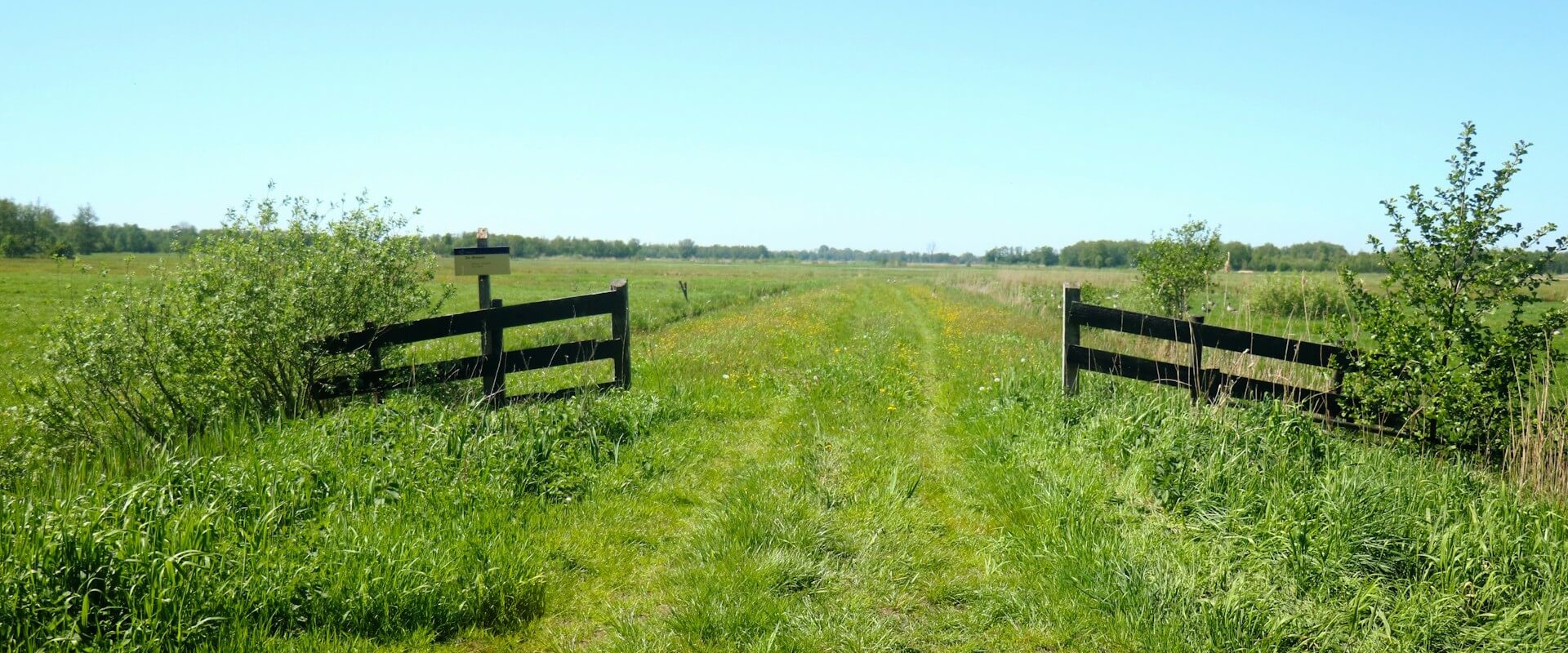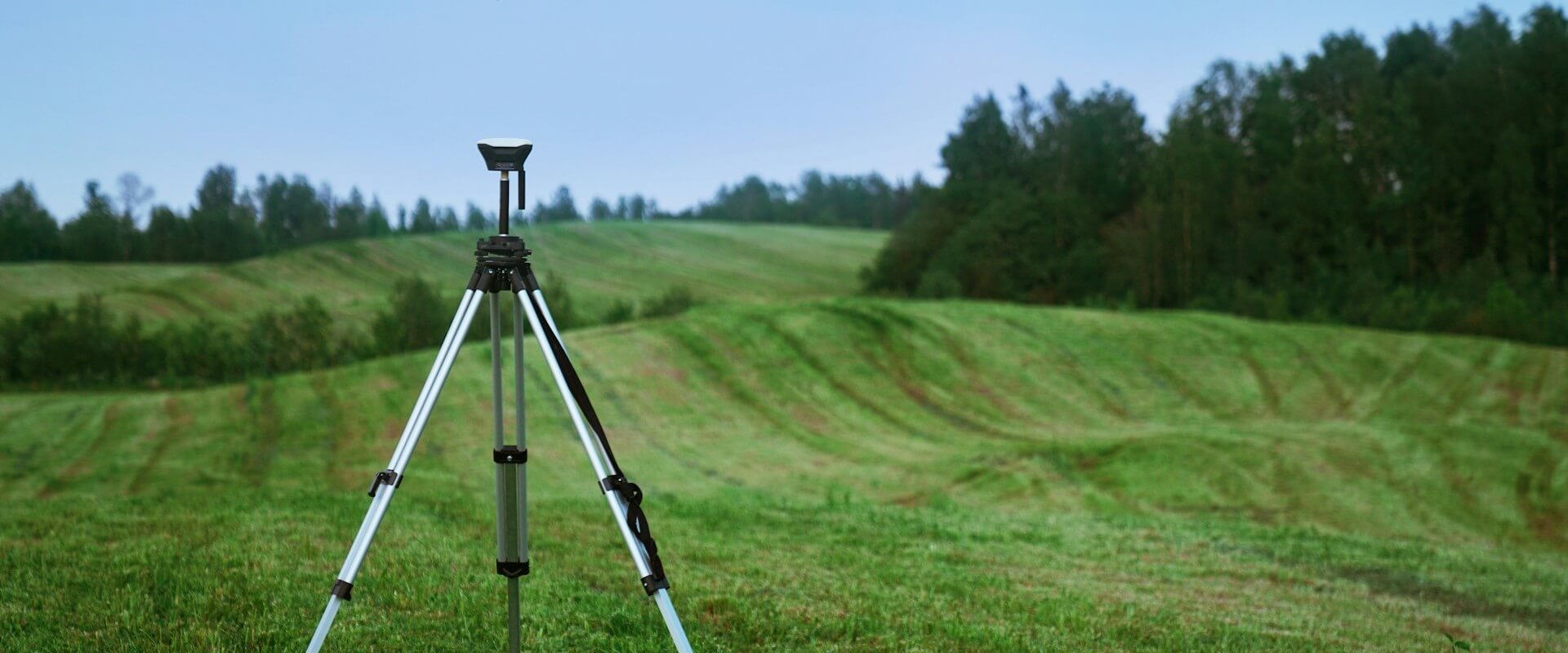Spruill Conservation Farm
Supporting sustainable agriculture, education, and research at a working farm on the Albemarle Sound in North Carolina


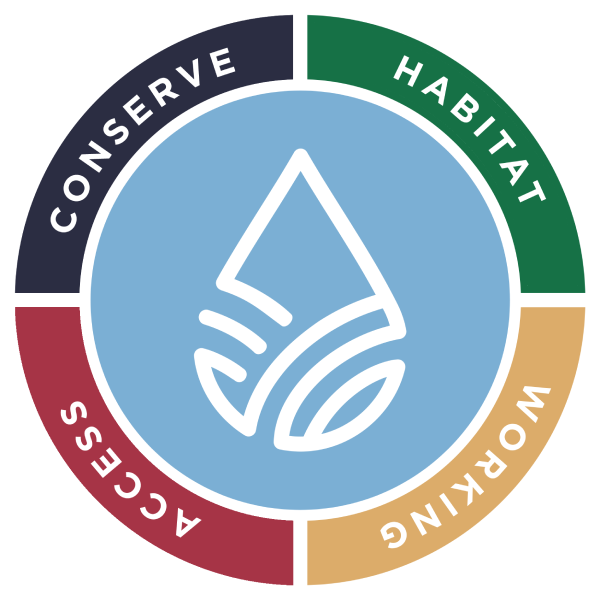
CONSERVING THE LEGACY & LEARNINGS OF THE SPRUILL CONSERVATION FARM
Since 1914, the Spruill Family has cherished this land, where generations have cultivated diverse crops and fostered strong community ties. The property serves as an outdoor classroom, where visitors can reconnect with nature, explore ecological wanders, and learn about the region’s cultural history. From the scent of peanuts in harvest to the joy of wading in the waters of the Albemarle Sound, Unique Places to Save is committed to preserving these experiences for future generations.
Our vision extends beyond conservation; this farm is an educational and recreational space for public engagement with nature. We support the restoration and enhancement of native habitats, enhancing water quality, and creating a welcoming environment for learning. Through this conservation project, we hope to inspire environmental stewardship and ensure the magic of the Spruill Conservation Farm endures.
120
Total Number of Acres Protected
75
Acres of Working Farmland
41
Acres of Forest & Forested Wetlands
1,500
Shoreline Feet on Albemarle Sound


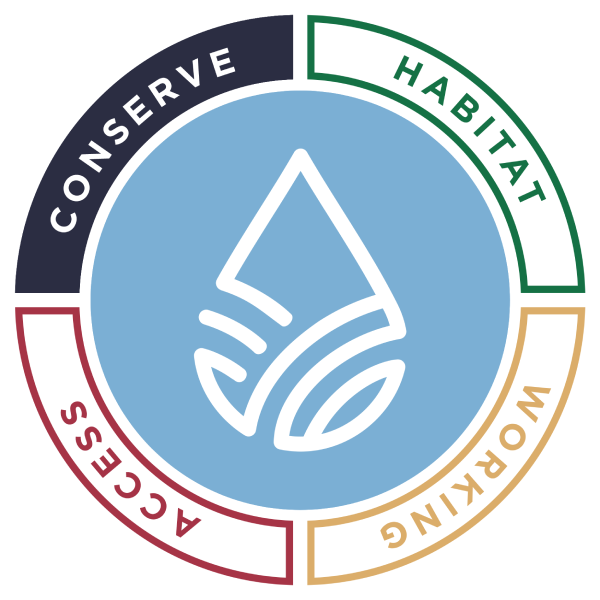
CONSERVE
The Spruill Family and the Peanut Factory, Inc. partnered with Unique Places to Save to place a conservation easement on this unique property. Spruill Conservation Farm will be protected forever as 120 acres of diverse and productive ecosystems.
Spruill Conservation Farm preserves 75 acres of sustainably managed farmland, producing locally-grown crops to feed the local community. The project also preserves 41 acres of forests and forested wetlands. With approximately 1,500 linear feet along the southern shore of the Albemarle Sound–the largest freshwater sound in the world–this conservation easement also ensures the perpetual protection of this natural waterfront from development and subdivision.

Conserved Land

Farmland

Waterfront

Wetlands




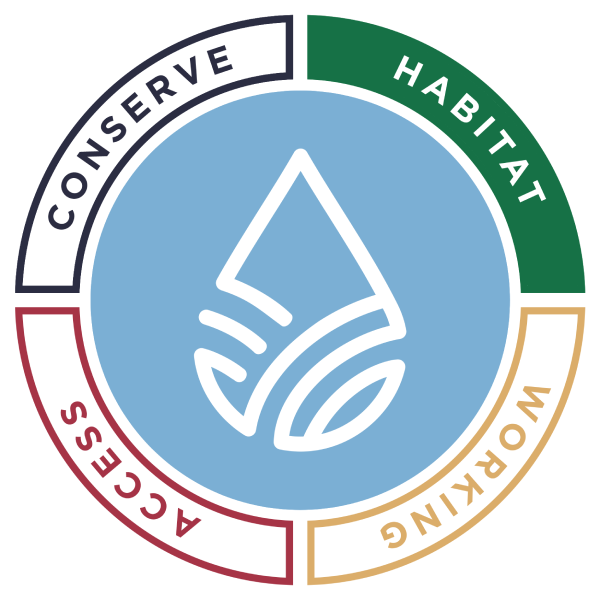
HABITAT
The Spruill Conservation Farm features a dynamic landscape where agriculture fields meet bottomland forests, cypress gum swamp wetlands, streams, and ecosystems all influenced by the Albemarle Sound. These rich habitats are home to many native species including Bald Eagles, Red Wolves, Black Bears, and River Otters. Other species featured on the property are Sweetgum, Water Oak, and River Birch.

Saltwater Aquatics

Freshwater Aquatics

Riparian Forests




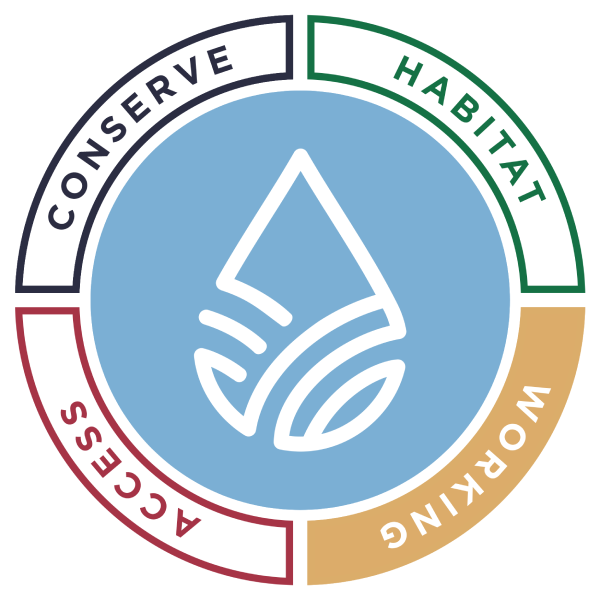
WORKING
With over half of the project area being productive farmland, Spruill Conservation Farm balances conservation with sustainable agriculture. The farm has over a 100-year history of cultivating crops such as peanuts, corn, cotton, soybeans, wheat, and tobacco. Over time, this expanded to include tomatoes, peppers, sweet potatoes, pecans, and asparagus, alongside a pear orchard and fishing operations on the Albemarle Sound. The project integrates these traditional agricultural activities with heritage farming featuring vegetables, pecans, figs, and a century-old Scuppernong grapevine.
Today, the farm continues to grow various crops such as corn, soybeans, and other vegetables, while implementing sustainable practices. These practices are designed to conserve soil and water, maintain soil and water quality, and avoid erosion, soil contamination, and water pollution. Implementing sustainable agriculture methods help preserve the rich soils and protect the surrounding ecosystems.

Working Farmland

Agritourism

Historic Farmland




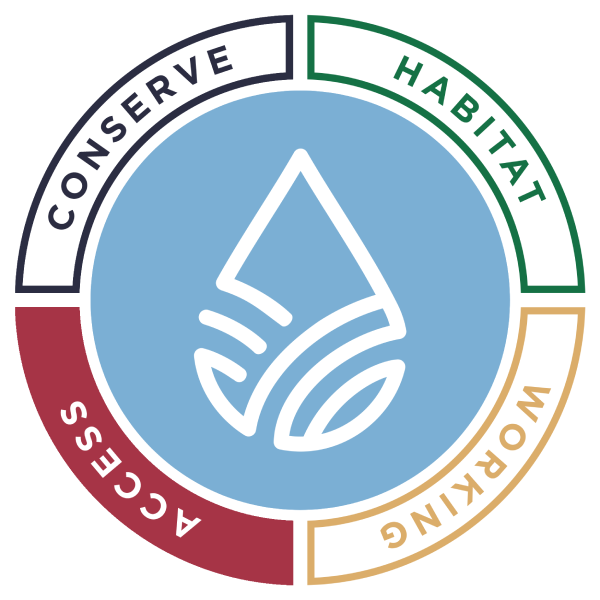
ACCESS
If you are interested in visiting the property, landowner permission is required. The property is not open to the general public.
The Spruill Conservation Farm features a beautiful waterfront of the Albemarle Sound and permits public access from the property. Paddling and kayaking opportunities along the Sound offer an immersive experience with the area’s rich aquatic ecosystem.
Visitors are able to engage in a variety of recreational and education activities, such as the multiple walking trails located on the property. All the trails are named in honor of those who have worked and cared for the land for generations. The project also promotes rentable overnight campsites on Hipcamp, with Girl and Boy Scouts welcomed free of charge.
The farm also serves as an educational resource, hosting school tours and providing hands-on learning opportunities in conservation and agriculture. Visitors can explore the farm’s rich history through preserved landmarks like The Packhouse, which holds original farming equipment, a one-room schoolhouse, and former tenant farmer homes. Community events, including the annual Fig Festival, highlight the importance of conservation efforts while celebrating the farm’s agricultural history and its ongoing role in preserving the natural environment.

Community Events

School Tours

Rentable Camp Sites

Kayak/Canoe Access


Project Gallery


 The Spruill Conservation Farm
The Spruill Conservation Farm
The Spruill Conservation Farm conservation project focuses on the conservation and educational use of a 120-acre property on the southern shore of the Albemarle Sound in North Carolina. Prior to The Peanut Factory's ownership in 2023, the land had been owned by the Spruill Family since the early 1900s. The land is recognized for its agricultural history, cultural significance, and ecological diversity. The project ensures the perpetual preservation of the land and offers access for educational purposes centered on natural and cultural history.
Historical Background
Purchased by Ed and Martha Spruill in 1914, the Spruill “Home Place” became a pillar for resilient farming operations. Over the decades, they cultivated a variety of crops, including peanuts, corn, cotton, soybeans, wheat, and tobacco, while also incorporating livestock and additional crops. The farm served as a center for agricultural activities and family gatherings, with structures like the original farmhouse and a one-room schoolhouse adding to its historical significance. While some original buildings have been lost, remaining structures such as The Packhouse and family cotton gin reflect the century of agricultural practices.
The farm has supported numerous tenant farmers and hosted fishing operations during the 1920s. Artifacts found along the shore, such as potsherds and tomahawk points, indicate a pre-European settlement by Algonquin tribes.
If the trees in the cypress gum swamps and the bottomland forests could talk, they would sing euphoric melodies about the historic, cultural, and ecological treasure that is Spruill Conservation Farm.
Conservation Goals
The primary objective of the conservation project is to support the restoration and protection of the land’s natural habitats, while enhancing educational opportunities for visitors. Key goals include:
- Habitat Restoration: Efforts are being made to restore pre-agricultural native habitats and to enhance the ecological diversity of the area.
- Public Access: The project aims to provide safe and welcoming access to the public (permission required), allowing for immersive educational experiences in nature.
- Water Quality Improvement: Initiatives will focus on enhancing water quality across the site and managing resources sustainably.
- Cultural and Natural History Education: Visitors will have the opportunity to learn about the ecology of the region and the agricultural practices that have shaped its history.
- Local Employment: The project is intended to create opportunities for local residents, promoting economic sustainability alongside conservation.
Future Plans
Pursuing conservation, the Spruill Family donated the property to The Peanut Factory, Inc., who then collaborated with Unique Places to Save. The Peanut Factory, Inc. is an organization dedicated to using the arts to raise awareness about the importance of ecosystem conservation throughout the Albemarle region and beyond. Comprised of an artist residency and community arts program, the organization owns and manages campsites, trails, land, and more at the 120-acre Spruill Conservation Farm.
Together, The Peanut Factory, Inc. and Unique Places to Save put the property under a conservation easement and are working to ensure the unique features of the land are preserved forever. Unique Places to Save is committed to working with The Peanut Factory, Inc. to protect Spruill Conservation Farm’s opulent resources through long-term stewardship, while fostering a renewed connection between the community and the natural world.
Overall, the Spruill Conservation Farm project serves as a model for integrating agriculture, conservation, and education, guaranteeing that future generations can appreciate and learn from this historically rich and biodiverse land.
Project Partners
- The Spruill Family
- The Peanut Factory, Inc
The views and conclusions contained in this document are those of the authors and should not be interpreted as representing the opinions or policies of the project partners and their funding sources. Mention of trade names or commercial products does not constitute their endorsement by them or their funding sources.




